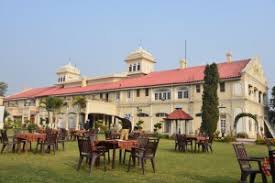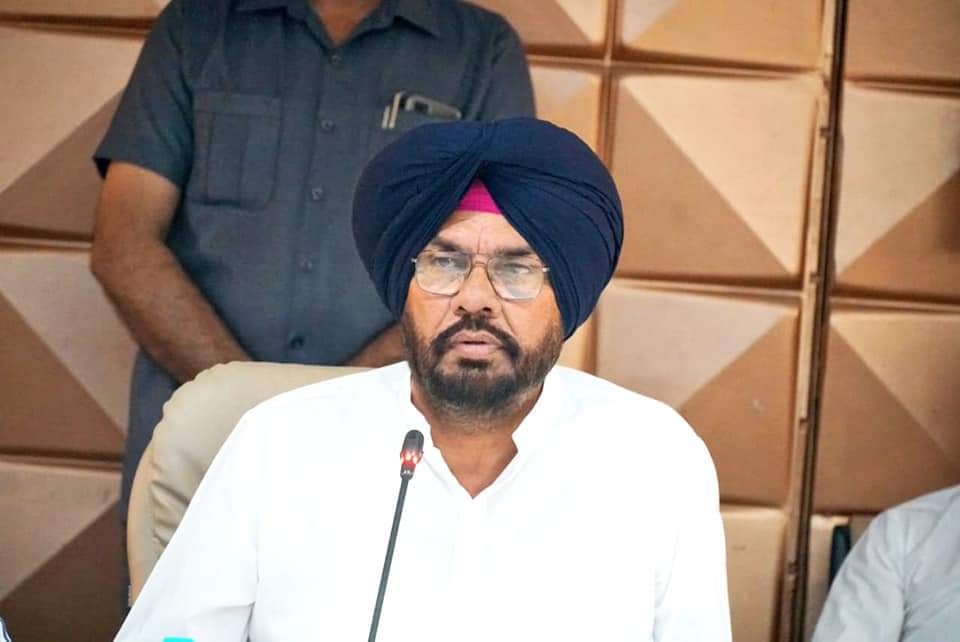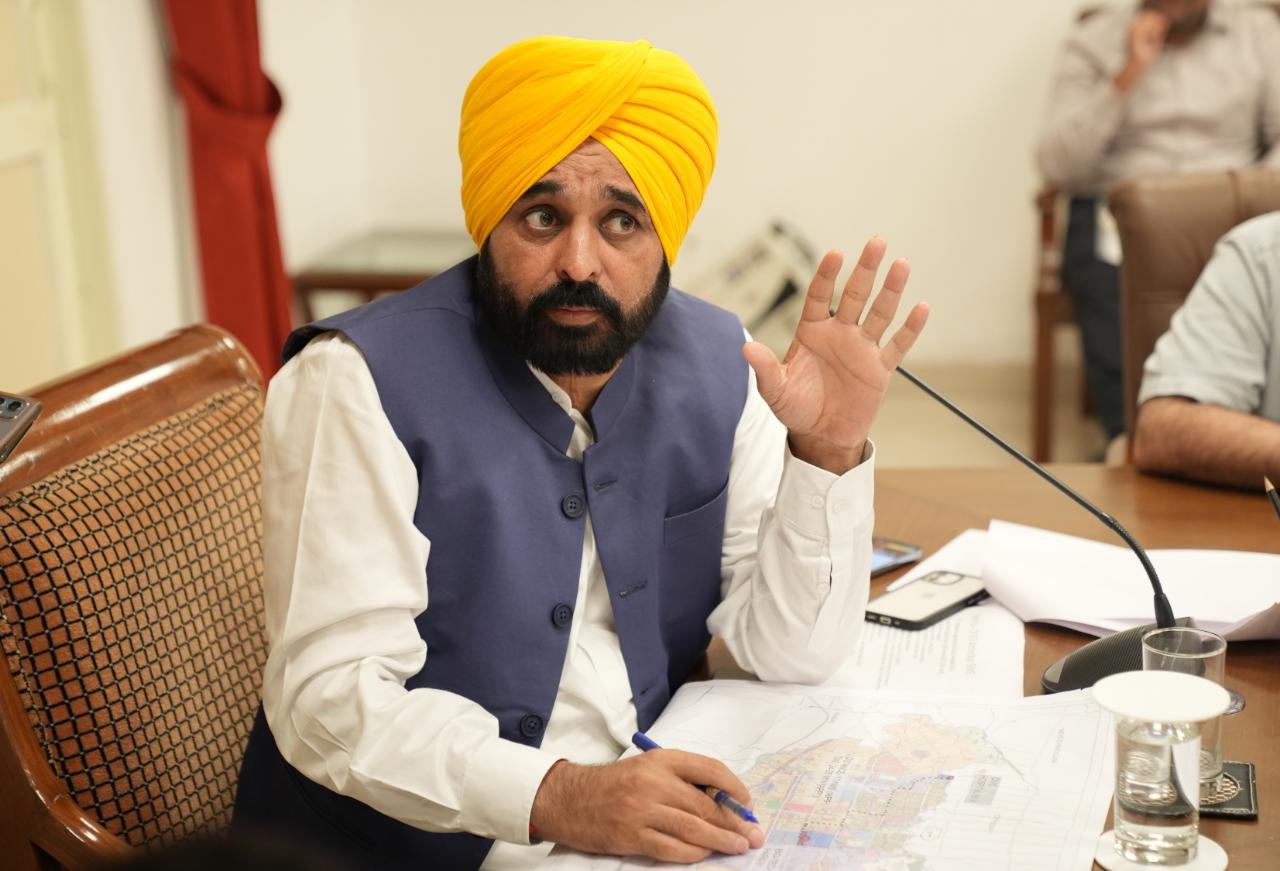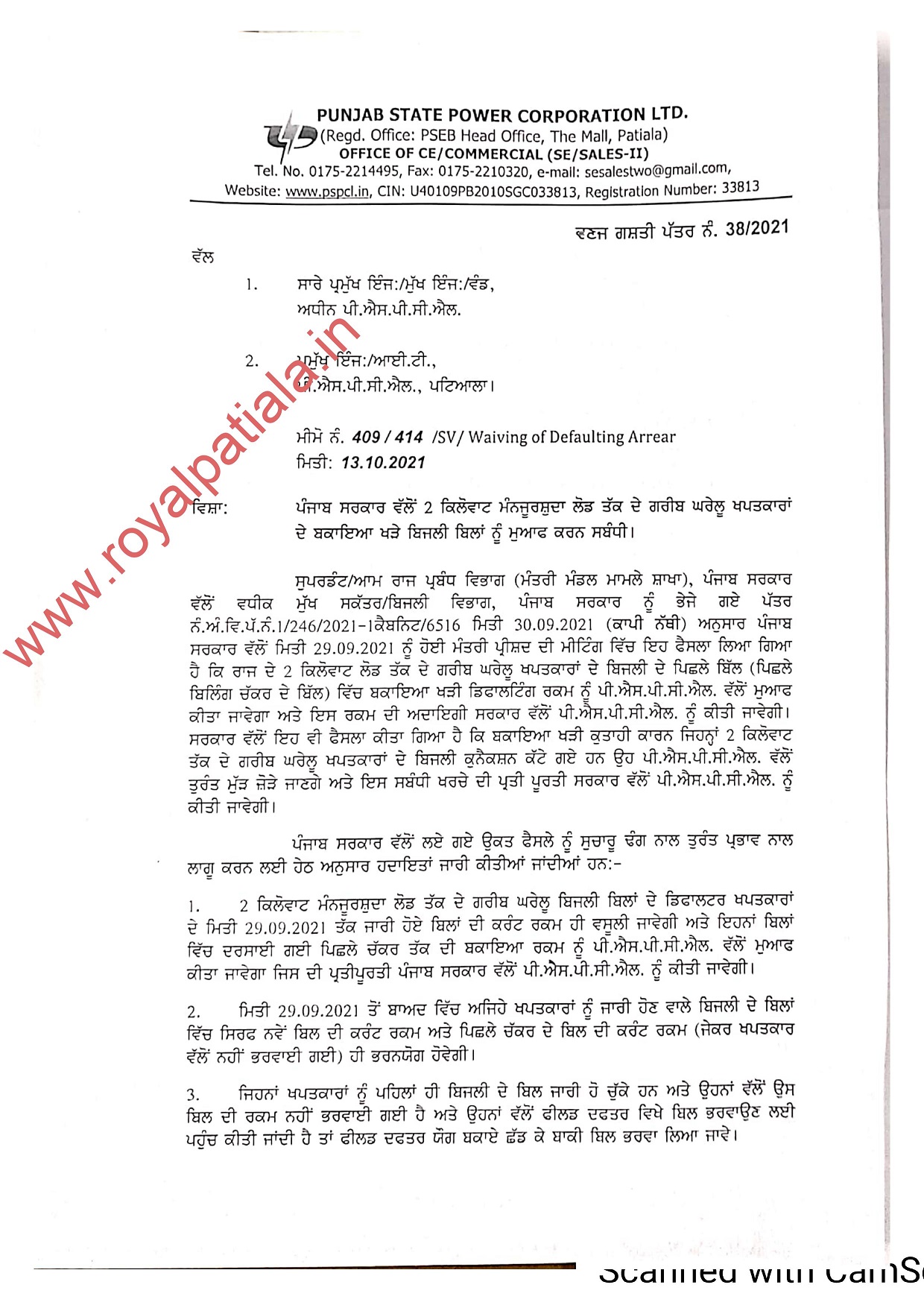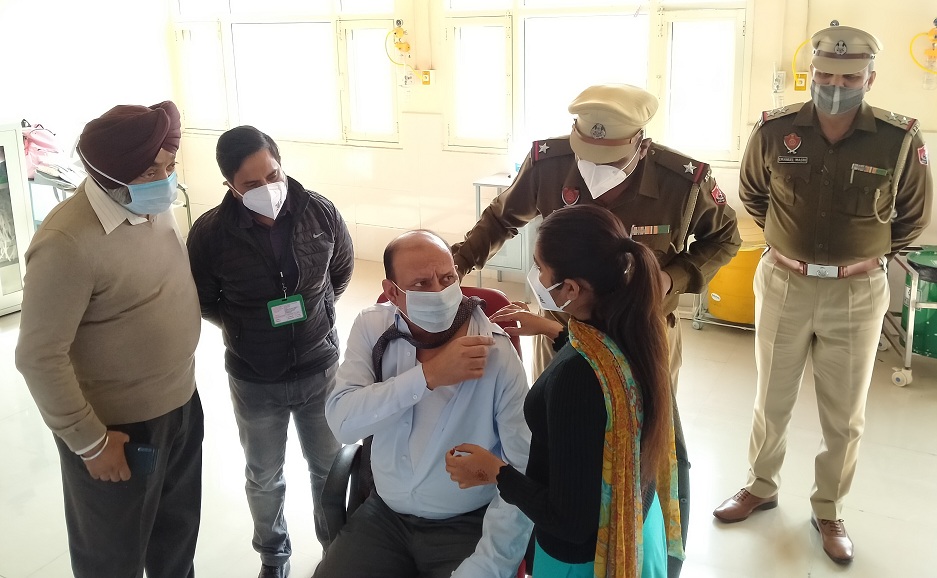Talk on Gullain-Barré syndrome held at Ivy Mohali
KI Singh/ royalpatiala.in/ Chandigarh
Gullain-Barré syndrome (GBS) is an autoimmune disorder characterized by flaccid paralysis. It usually is preceded by respiratory or gastrointestinal infections most commonly by Campylobacter jejuni, human herpes virus, Ebstein-Barr virus, or cytomegalovirus. It can also be triggered by pregnancy, surgery or even vaccination.”
Dr. Sushil K. Rahi, neurologist stated this while addressing an informative talk on Gullain-Barré syndrome at Ivy Hospital, Mohali.
He said that the major clinical feature of GBS is an evolving are flexic motor paralysis with or without sensory disturbance. The paralysis is of an ascending type, involving legs first followed by arms, facial muscles, and in severe cases causing respiratory muscle weakness requiring mechanical ventilation. Weakness progresses over weeks reaching a plateau after 4-week.”
The exact mechanism of GBS after surgery is not known. It may be as a result of a generalized inflammatory response to the surgical stress, maintained Dr Rahi.
GBS occurring after surgery is a rare phenomenon with an unknown etiology. The risk for GBS after surgery is 4.1% cases per 1,00,000 operations. The very few cases have been reported in the literature after an off-pump coronary artery bypass graft (CABG), he remarked.
Dr Rahi further informed that early administration of intravenous immunoglobulin is considered as an alternative therapy for shortening the period and severity of paresis. The role of corticosteroids is controversial.
GBS in the postoperative period increases intensive care unit and hospital stay and results in increased morbidity. Though it is very rare after CABG, it should be kept in mind in patients with predisposing conditions such as malignancy or autoimmune disorders who develop limb weakness within 8 weeks after surgery, he asserted.



